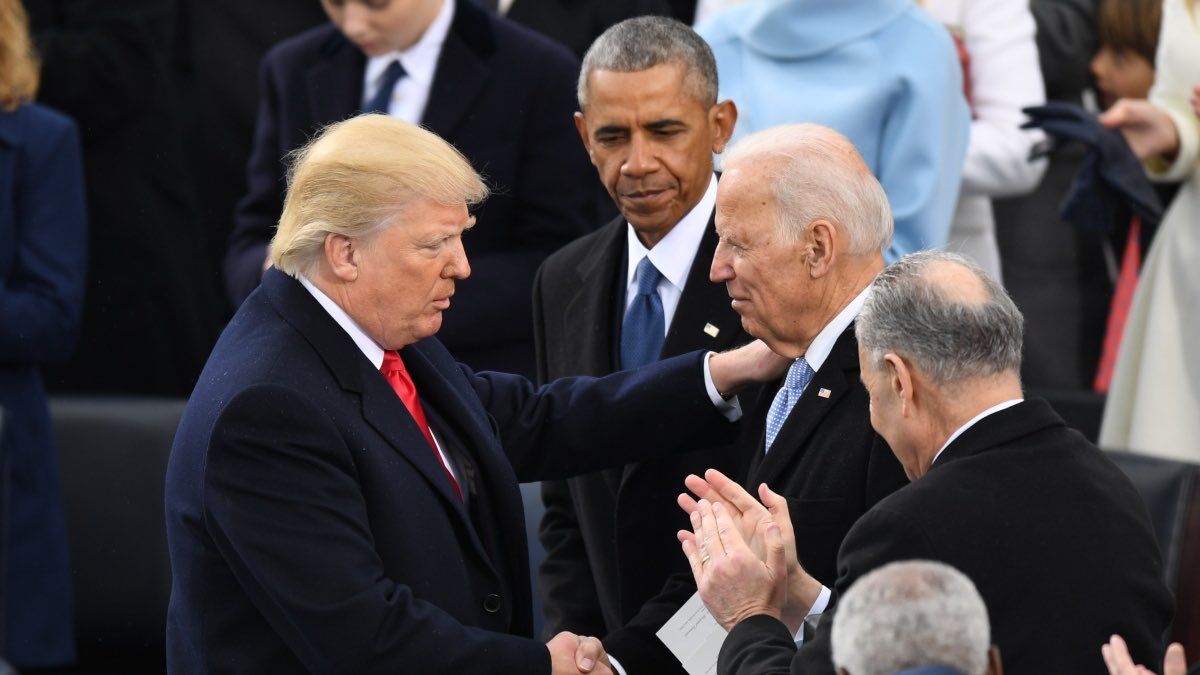Mahmoud Dehqan told the Strategic Council Online that in America, there are decision-making levels, some of which are obvious and field-based, and some of which are managerial and guiding.
Referring to a recent report by the New York Times that has compared the foreign policies of Trump and Biden and reached the conclusion that strategic priorities of both presidents are similar, he said “sovereignty is not in the hands of governments, and a group of capitalists and big factory owners, influential senators and representatives, with the management of the foreign relations committee and political commissions of the American Congress, formulate long-term plans.
He stated that Henry Kissinger’s recent statements showed that governments in America are criticized by the establishment for not being able to fully achieve the goals that were set for them, and continued: Kissinger clearly stated that if you involve yourself in Russia, China will be the main winner of the Ukraine conflict; This is an approach that will see the next decades, it has been determined by the American establishment and the governments will advance it to the extent depending on their ability.
Recalling some of the election slogans used by Joe Biden during the election period, especially about the US policies in the Middle East, the nuclear negotiations and the war in Yemen, this university professor said: The New York Times in America is one of the media whose supporters are the oil cartels. And they depend a lot on energy security. In a situation where the price of oil is unprecedentedly high and the level of dissatisfaction has increased, this group is also unhappy.
Dehqan pointed to the consequences of the war in Ukraine and the increase in fuel prices in the United States and added: The Democratic Party expected Biden to be able to create an opening with his efficiency, but considering the increase in fuel prices and inflation in the United States and China’s access to cheaper fuel, American companies have suffered. These pressures on Biden will increase if his party does not win the mid-term congressional elections that are scheduled to be held in October.
He stated that the New York Times article showed that the oil cartels, which have been traditional supporters of the Democratic Party, are now critical of Biden’s performance and believe that he has failed to meet their demands. Now given the performance of Biden, and compared to the Trump era, the US foreign policy has not been fundamentally different. Although there were criticisms of America’s withdrawal from Afghanistan and Iraq, and the US sought to focus on Russia and China, despite the blows they inflicted to Russia, they still failed to achieve the goals they had designed against China.
This professor of international relations pointed to the similar fate of Biden and Trump due to the procedure that their governments took in foreign policy and said: External conditions have brought America to a situation where it has inevitably taken some policies. This shows that America has no hand in the power war in which it is placed, and with the change of conditions compared to years ago, it will be difficult for this country to play an innovative role and draw new lines in foreign policy.
Dehqan added that when Obama took office, he criticized the Republican policy in Afghanistan and Iraq and announced that he would withdraw American troops from these countries, but when the story of the Libyan rebellion and the Arab uprisings happened, he started killing in this country and followed the same policy taken by the Republicans in Iraq and Afghanistan, and contrary to his election slogans, he was criticized as a warmonger president.
Recalling that even the agreement for the withdrawal of American military forces from Iraq and Afghanistan was signed during Trump’s time, Dehqan added: The realities of the world have imposed themselves on America in such a way that it is unable to fulfill them despite the initial slogans. For example, in the case of Iran, despite the slogans raised by Biden regarding the JCPOA, the same procedure of the Trump era is still continuing and they are waiting for a result while important changes have taken place in the international system and the international conditions in the region are against sanctions. It has been determined that this process is not desirable or desired by America at all.
Referring to Biden’s efforts to create consensus and coalition to advance US goals and maintain the cooperation and coordination of America’s allies, especially by strengthening NATO cohesion, which was weakened during Trump’s era with the slogan “America First”, he noted: In any case, it is clear that America finds itself forced to accept new conditions and react to the events, and it cannot move forward based on the slogans and priorities that the parties have in mind and show sufficient concentration for them.
This university professor pointed to the abandonment of Biden’s human rights policies during his visit to Saudi Arabia and his meeting with Mohammed bin Salman, despite his previous positions, and said: “It seems that the Democrats, due to the change in their priorities and the close competition with China and Russia, do not enjoy the capacity to advance the slogans they raised about the Middle East, and they don’t consider it necessary to spend money and focus on it.










0 Comments